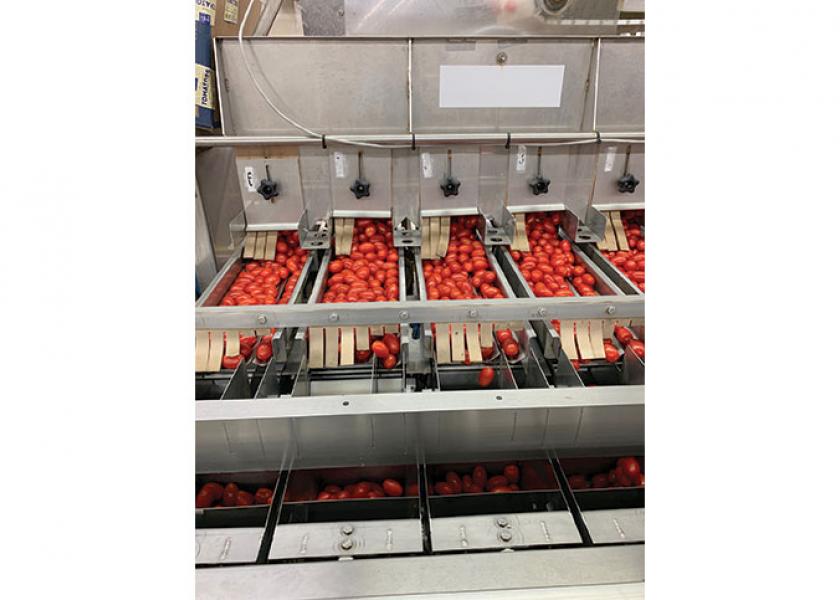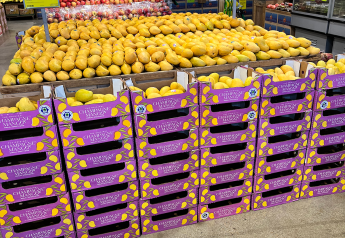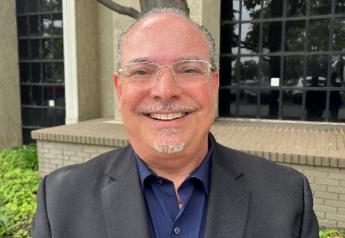Boston produce leaders change the dance steps to keep moving

Produce company leaders in the greater Boston area have been pivoting so much since March that they could enter a dance contest.
“Our foodservice customers have been amazing, changing on the fly,” said Peter John Condakes, president and co-owner of Peter Condakes Co., Chelsea, Mass.
“Those with fleets of trucks targeted retail customers directly with boxes to their homes, things they never did before on the web, as well as grocery stores have done. They made radical adaptations to survive.”
Of course, not every company that took a break from buying during the worst months made it through, he said.
Still, Condakes has seen great resourcefulness.
“We are lucky enough to have a solid repack program for retailers, and that was a majority of our business March through June,” said Maurice Crafts, managing partner of Coosemans Boston, Chelsea, Mass.
Coosemans Boston would repack 30-pound cases of ginger into 5-pound bags for retailers. “Ginger can be expensive, so that’s a nice thing to offer,” Crafts said.
Repacking was a service that helped with other specialty vegetables, such as jicama and daikon.
Coosemans Boston is also doing a lot more cross-docking service. To save a truck from afar from making many stops in New England, Coosemans staff take a product off one customer’s truck and put it on another customer’s truck, for a small fee.
“It helps,” Crafts said.
Lisitano Produce, Chelsea, offered direct-to-consumer online ordering with curbside pickup for a little while because of the pandemic, said Alan Lisitano, vice president.
“We were looking for some other ways to stay relevant and stay afloat,” he said. “It wasn’t game-changing for us, but it gave us more exposure. It gradually gained steam, but the closer we got to July and August, with all the local product, it’s less.”
Lisitano’s no-contact curbside pickup was once a week, with details on Facebook, which the company joined in April.
Small retailers
Many wholesalers and distributors that serve New England depend heavily on smaller retailers, mom-and-pop shops and bodegas for their business.
That was a beneficial characteristic of the Boston area when it came to the pandemic.
“Previously, people were even avoiding the large exposure of big chain stores. A vast majority of our customers are small, independent stores and bodegas, where shoppers can get in and get out fast,” said Eugene Fabio, an owner of tropical fruit wholesaler J Bonafede & Sons, Chelsea.
Lisitano Produce’s customer base is about 80% retail and 20% foodservice, although a few years ago, it was about 50/50.
“The last several years, our strategy has been to go for more retail customers, and with the pandemic, we wouldn’t be able to survive if it wasn’t for our retail customers,” Lisitano said.
And it’s not just the big guys.
“It’s smaller stores. They come up from all over, guys who own one store,” he said.
When the pandemic hit, terminal wholesalers learned a lot more about who their customers serve.
Wholesalers at markets in other states have said they were dismayed to discover that their customers worked with more foodservice operations than they realized.
But others, like Tommy Piazza at Community-Suffolk Inc., were pleased to find out the opposite.
The company has operations at both the Everett and Chelsea markets and served about 60% foodservice and 40% retail before the coronavirus.
Now, it’s about 50/50. However, the definitions have changed.
“What we get is foodservice that also serves retailers in certain areas — whatever restaurants are open and smaller mom-and-pop grocers,” Piazza said.
“They’re definitely doing more business where people can get in and go out fast, and go more often, rather than a chain store where more people are around.”
Community-Suffolk didn’t vie for a U.S. Department of Agriculture Farmers to Families Food Box Program contract, which would’ve contorted the company, he said.
“Our customer base adapting to their end user has allowed us to keep chugging at a good momentum,” Piazza said. “We’re grateful that it hasn’t really been a kick in the shins.”
Related Content:
Boston climbs out of coronavirus depths to tackle next challenges
Wholesalers, others in supply chain changing business models







